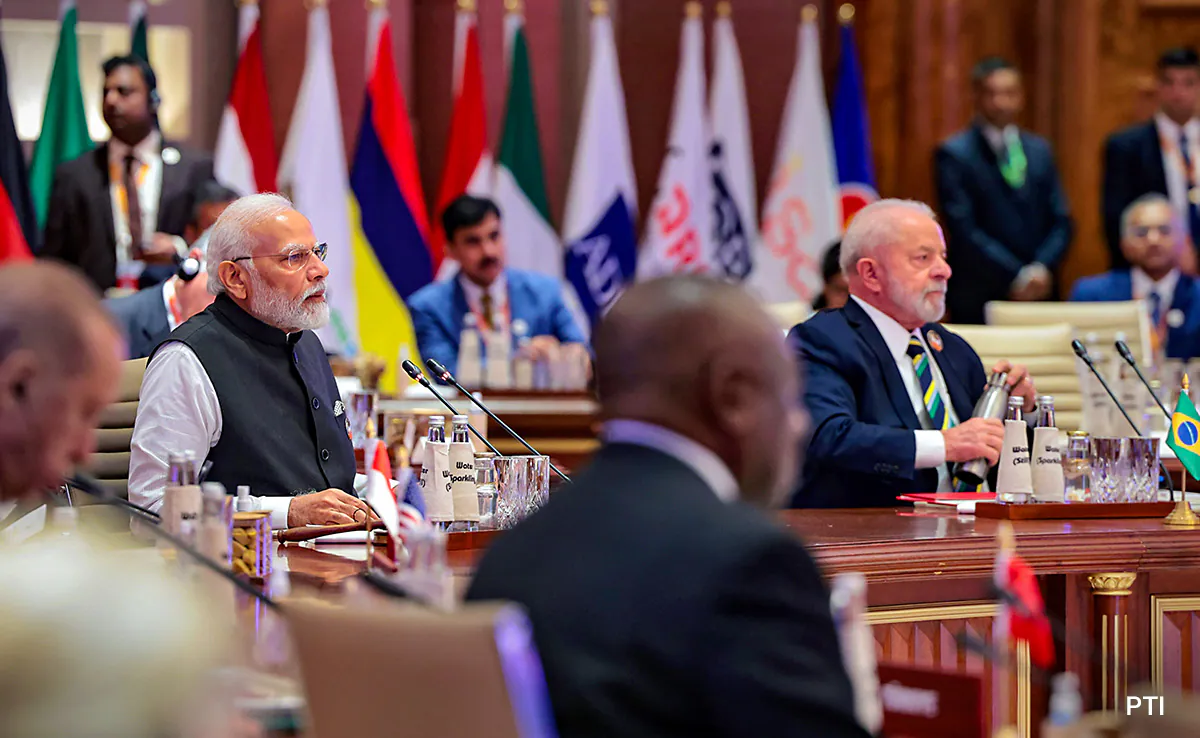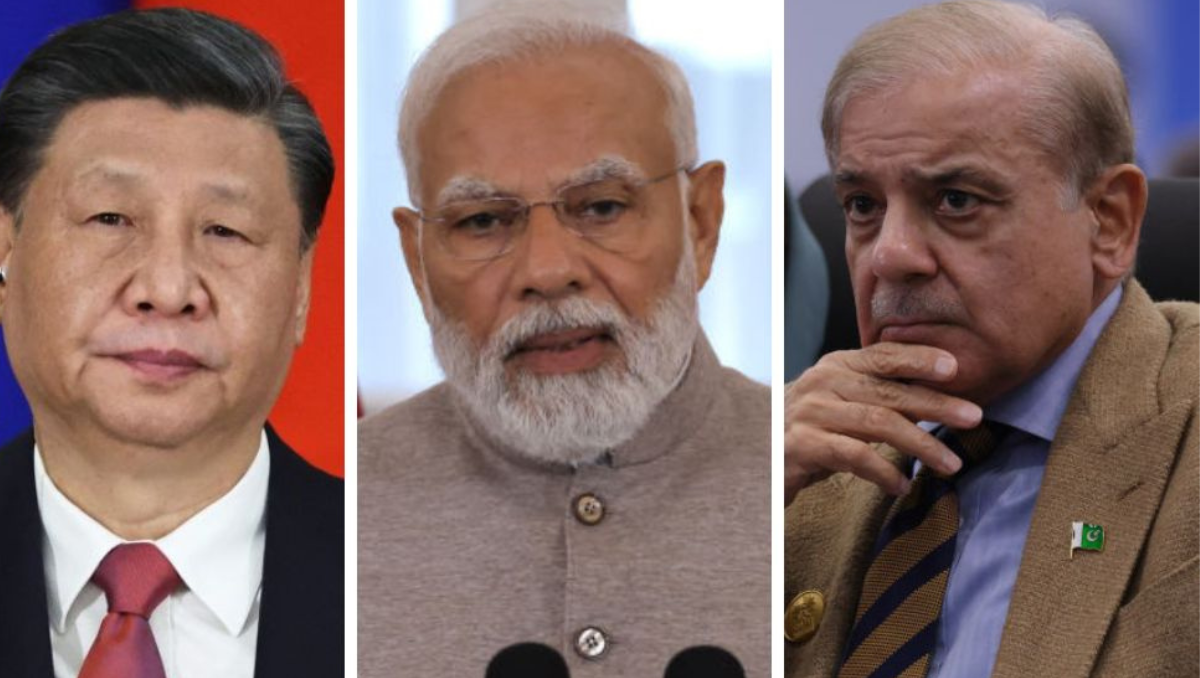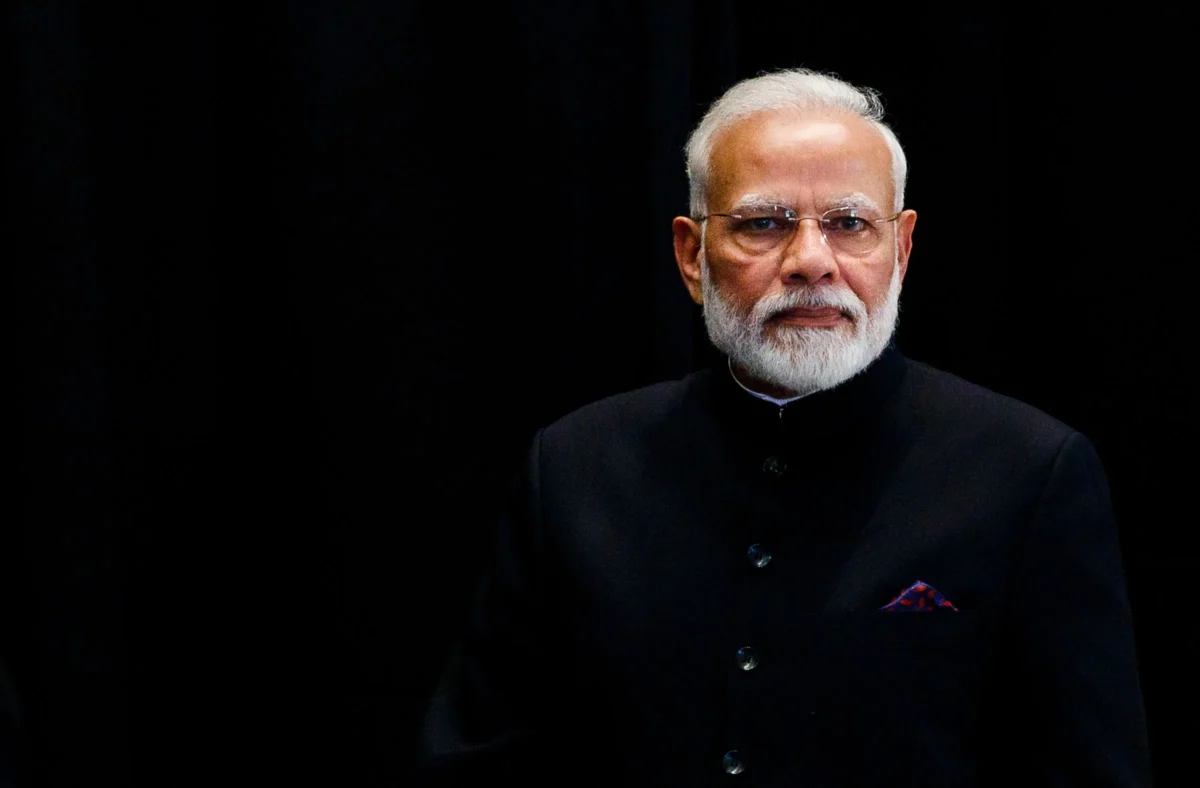Prime Minister Narendra Modi’s third consecutive election victory was predicted to be a spectacular triumph, but instead it has come as a terrible surprise to both his party and his followers in India. Even if he is still in a strong position to form a coalition, he will be hindered by coalition members who will attempt to enforce their own objectives, notably those related to his foreign policy abroad. The outcomes will undoubtedly excite India’s more antagonistic neighbors, like as China and Pakistan, as well as the hordes of his critics in the West.
The Foreign Policy
If Modi’s past ten years are any indication, his blueprint for foreign policy is extremely obvious. First, he will keep pushing for deeper ties with the West without giving up India’s strategic autonomy, though this will be more challenging now that his authority has been significantly reduced. More pressure will be applied to reduce the funding of non-governmental organizations (NGOs), many of which are thought to be acting as conversion factories and constructing subversive narratives.
Furthermore, he intends to intensify his “Neighborhood First” strategy with neighboring countries like as Bangladesh, Sri Lanka, Bhutan, Nepal, Maldives, and Myanmar. Even with the sporadic provocations, agitators, as well as propaganda campaigns, the Modi administration is probably going to take a measured and patient approach.
China And Pakistan
China and Pakistan are the two challenging Neighbours that will probably continue to be a challenge for Modi 3.0. In an ideal world, both “Iron Brothers” would have liked to see Modi return and a less forceful, more accommodating government take power in New Delhi. The fact that they will have to put up with Modi for an additional five years, however, also seemed to have both parties at peace. In contrast to China, which saw Modi’s retention with some objectivity, Pakistan did not share this sentiment. This is also due to the fact that Modi 2.0 approached both the foes in a totally different manner.

India maintained diplomatic ties with China and maintained economic ties despite the 2020 Galwan conflict, the ongoing military standoff in Eastern Ladakh, efforts to keep the Chinese out of India’s vital infrastructure, and efforts to draw businesses out of China. Concurrently, India relented from its previous reluctance to realign diplomatically to counterbalance China (QUAD) and provided weapons to nations such as the Philippines.
Regarding Pakistan, ties came to an all-time low with the bombing of Balakote in February 2019 and the constitutional changes in Jammu and Kashmir in August of the same year. Despite the Pakistanis terminating all trade and downgrading diplomatic relations, both nations’ establishments maintained open channels of communication.
Additionally, a back channel was in operation with an agreement to reinstate the ceasefire in Jammu and Kashmir along the Line of Control in February 2021. However, there was a total disengagement on the political, diplomatic, and economic fronts; trade was essentially nonexistent, diplomatic ties were dismissed, and travel between the two nations was severely restricted.
Modi’s Future strategies
The interviews and statements Modi made during his campaign provide some guidance going forward. Although he didn’t say much about China, he did stress the value of maintaining relations with the country and the necessity of resolving the military standoff across the Line of Actual Control to set aside the anomaly in the two countries’ bilateral relations. Dr. Jaishankar, the Minister of External Affairs, has also stated this in multiple instances.

However, should Modi need to reach a resolution with the LAC issue, his options will be severely restricted. Concerns have also been raised about his ability to implement the necessary policy changes to advance India’s decoupling from China and draw in significant foreign investment.
Naturally, Pakistan will be relieved that Mr. Modi will be unable to tamper with secularism and would be obliged to reverse some of the measures—such as the Universal Civil Code—that he had been considering. Pakistanis will use the results in Kashmir, where a candidate with separatist leanings won, and Punjab, where candidate with Khalistan leanings easily won, to stir things up in both border states. There are already reports of China and Pakistan collaborating to push the notion of Khalistan in Punjab. Additionally, the government might face pressure to resume some commerce and re-engagement with Pakistan and the talk of regaining Pakistan-occupied Kashmir will remain campaign rhetoric.
However, the problem with weak majorities and coalitions is that they limit their options and make them react forcefully to any significant border crossing or terrorist provocation. Pakistan is aware that Modi is not one to back down. It’s unclear if they will put him to the test or try to make things better. China will be subject to the same.



